By Michael Haskew
On July 26, 1948, President Harry Truman issued Executive Order No. 9981, which stated in part, “It is hereby declared to be the policy of the President that there shall be equality of treatment and opportunity for all persons in the armed services without regard to race, color, religion, or national origin.”
Although some senior officers in the U.S. military establishment resisted such a monumental and fundamental change, the days of segregation were numbered. In the coming years, influenced by the onset of the Korean War, full integration was achieved. Although many of the injustices suffered by blacks and other minorities while serving their country are well documented, the heroism of a number of these fighting men in World War II remained overlooked and unacknowledged for decades. Only in relatively recent times have the exploits of the Tuskegee airmen, the drivers of the Red Ball Express, and hard-fighting Marines on the Pacific island of Peleliu been well publicized. Still, the exploits of others have remained virtually unknown.
Ruben Rivers: A Hero of the Third Army
Staff Sergeant Ruben Rivers was such a hero. Born one of 11 children on his family’s farm in Tecumseh, Oklahoma, Rivers enlisted in the Army along with two brothers. When the 761st Tank Battalion became hotly engaged on November 8, 1944, his bravery earned him the Silver Star. The citation read in part: “Staff Sergeant Rivers courageously dismounted from his tank in the face of directed enemy small arms fire, attached a cable to the road block and moved it off the road, thus permitting the combat team to proceed. His prompt action thus prevented a serious delay in the offensive action and was instrumental in the successful assault and capture of the town….”
Just eight days later, Rivers was seriously wounded but refused to be evacuated. His commanding officer, Captain David Williams, remembered, “With the morphine needle in my right hand about a half inch from Sergeant Rivers’ leg, I could have told my sergeant to hold him down. I said, ‘Ruben, you’re going back. You’ve got a million dollar wound. You’re going back to Tecumseh. You’re getting out of this.’”
When Rivers was killed in action on November 19, his condition had deteriorated, the leg wound sapping his strength and infection setting in. Still, his tank had assumed its customary lead position, and when the Germans were spotted, he engaged them. The following day, Captain Williams recommended that Rivers receive the Medal of Honor.
A Long Overdue Posthumous Medal of Honor
On January 13, 1997, more than half a century later, the family of Staff Sergeant Ruben Rivers finally got his long overdue medal. In a ceremony at the White House, President Bill Clinton presented seven Medals of Honor, six to the families of deceased recipients and one to a living veteran of World War II. During the war, more than 430 of the nation’s highest combat decoration were awarded, but none of these were given to black soldiers.
Rivers’s sister, Grace Woodfork, accepted the medal, and the accompanying citation noted, “Repeatedly refusing evacuation, Sergeant Rivers continued to direct his tank’s fire at enemy positions through the morning of 19 November 1944. At dawn, Company A’s tanks began to advance towards Bougaktroff, but were stopped by enemy fire. Sergeant Rivers, joined by another tank, opened fire on the enemy tanks, covering Company A as they withdrew. While doing so, Sergeant Rivers’ tank was hit, killing him and wounding the crew. Staff Sergeant Rivers’ fighting spirit and daring leadership were an inspiration to his unit and exemplify the highest traditions of military service.”
Captain Williams, who championed the recognition of Sergeant Rivers for years following the war, attended the White House ceremony. During an interview with the Tulsa World, he was queried as to the reason for such delayed recognition for Rivers. Candidly, the captain answered, “It is obvious. He was a Negro.”
The heroism and sacrifice of Sergeant Rivers and others like him evidenced their patriotism and hastened the coming of equality in the military. Theirs is indeed a noble legacy.
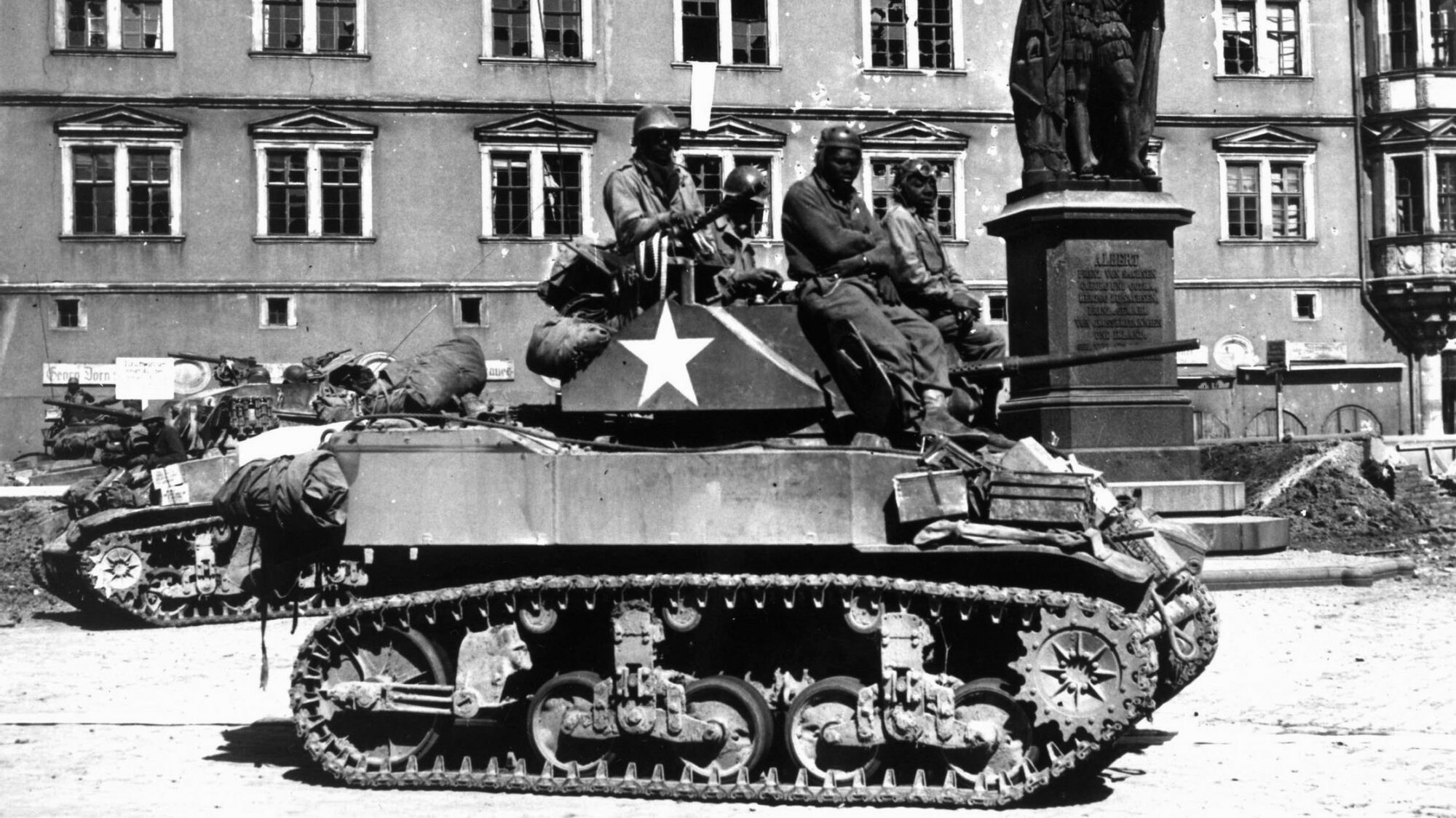

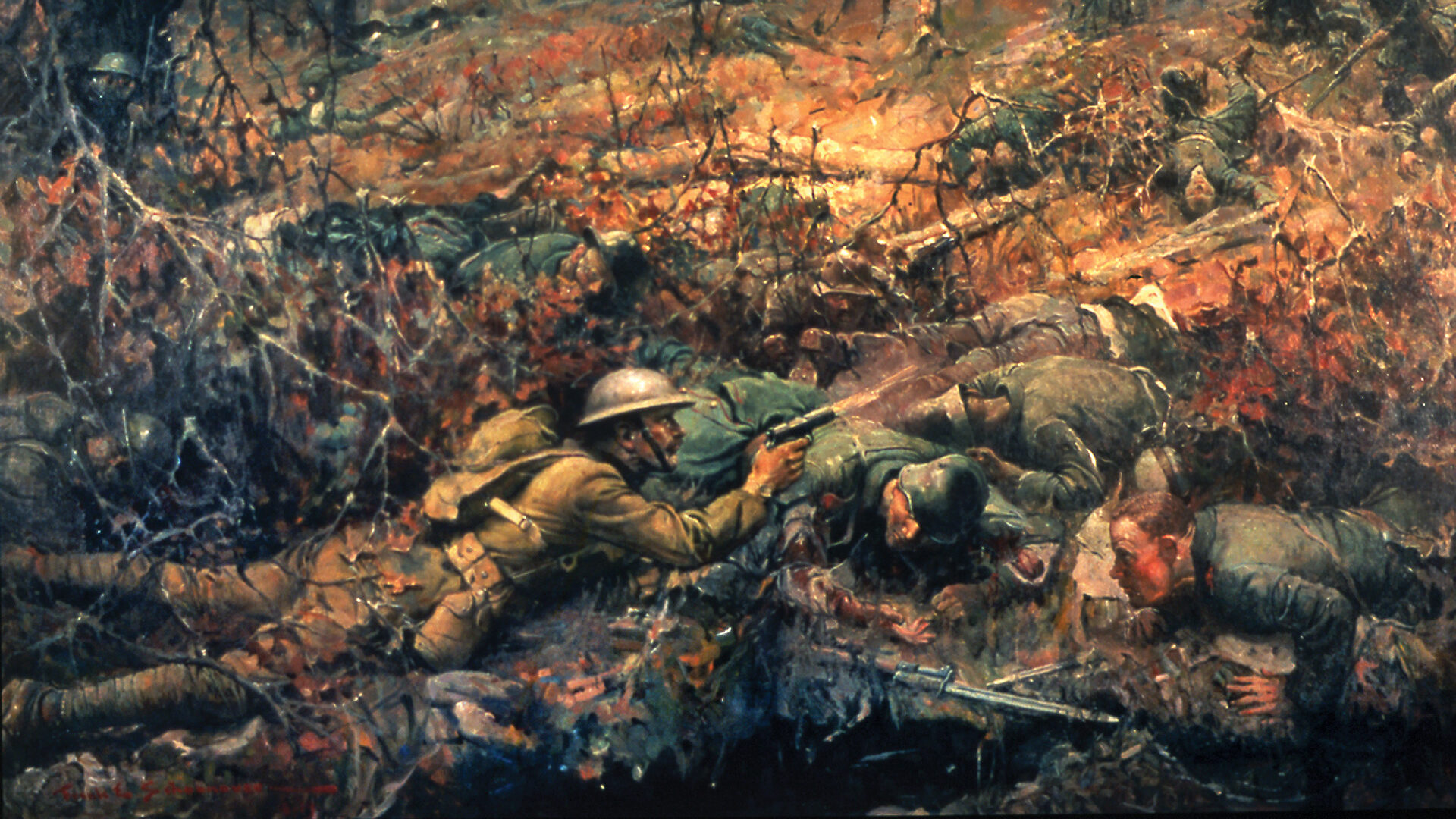
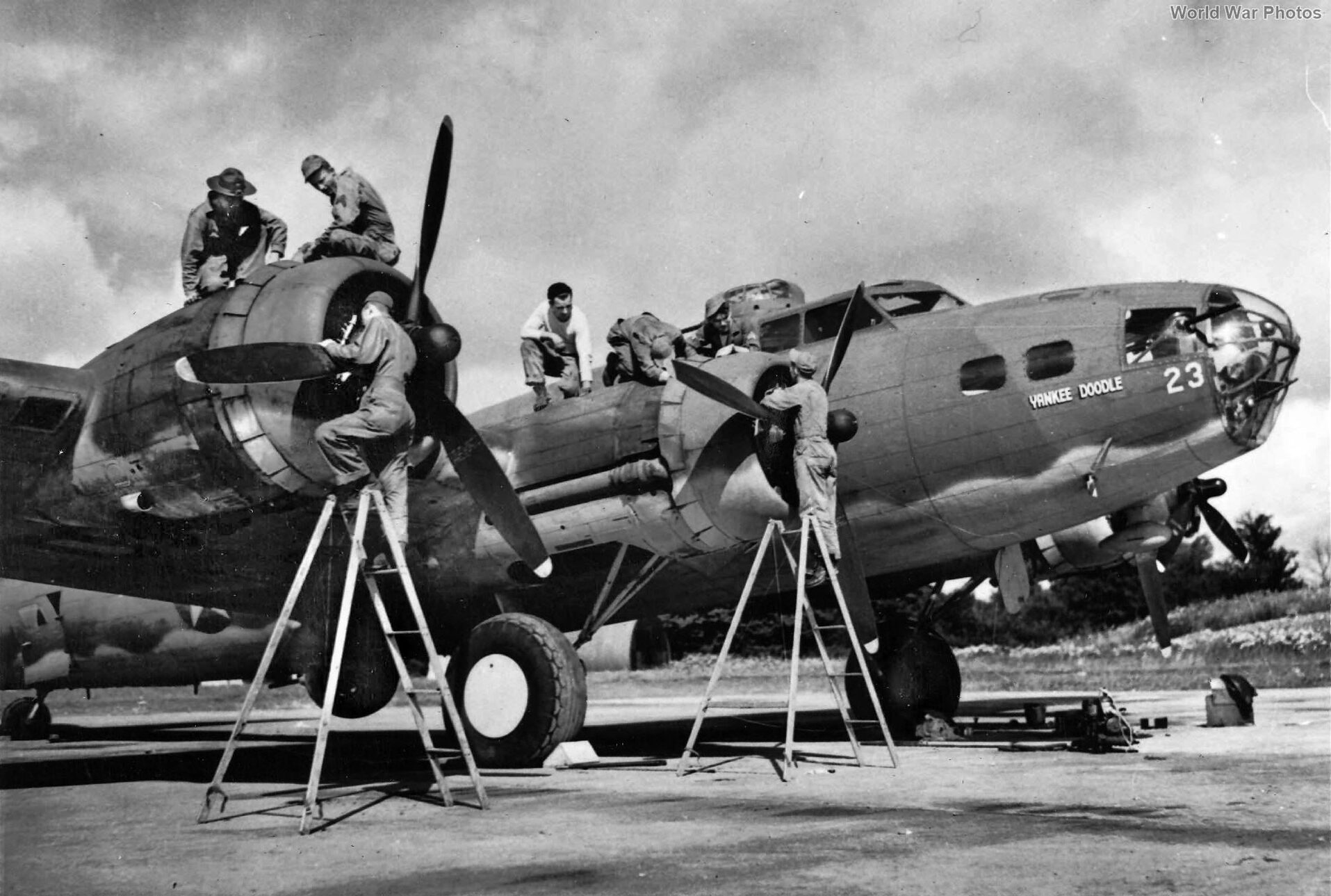
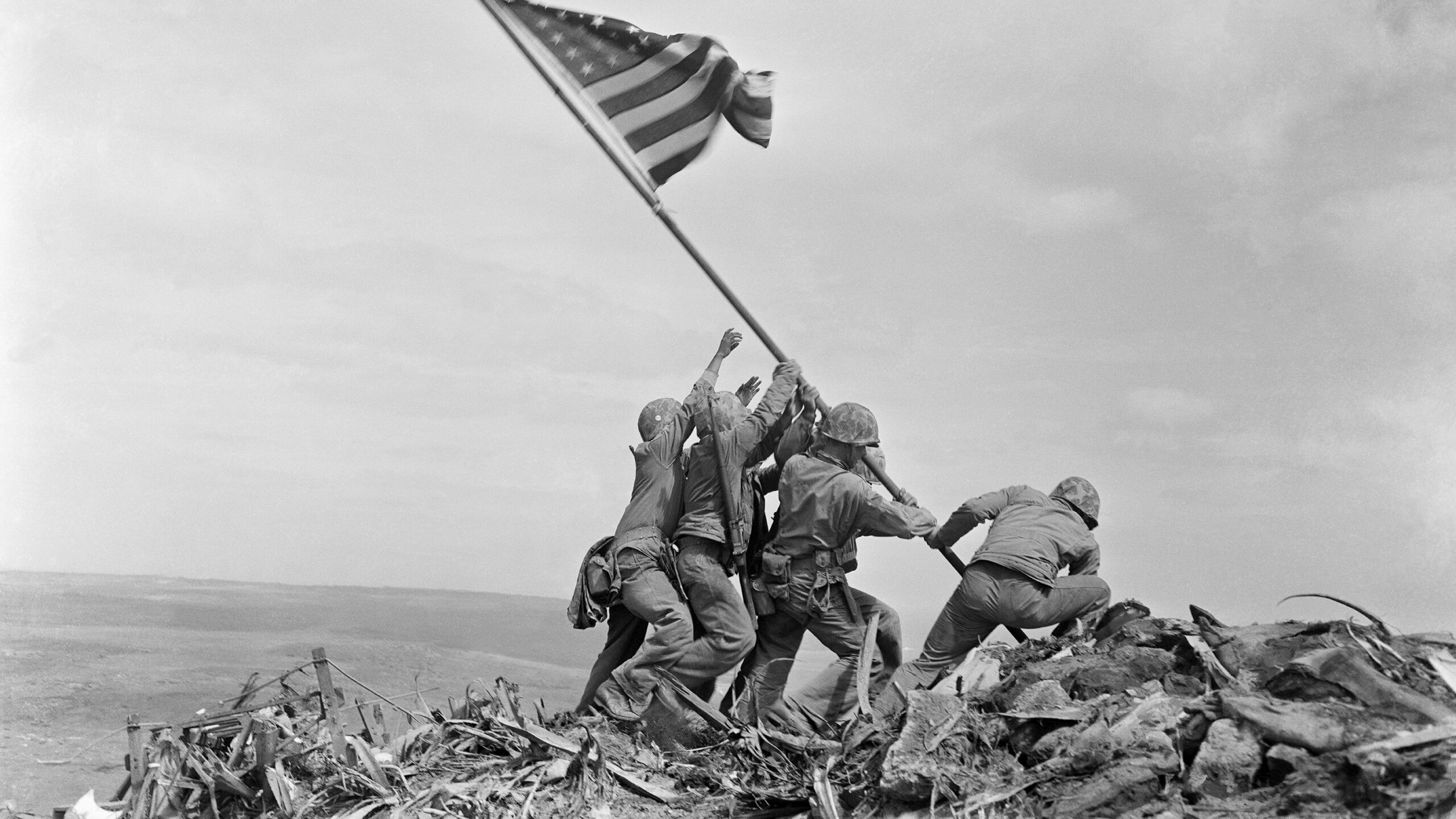
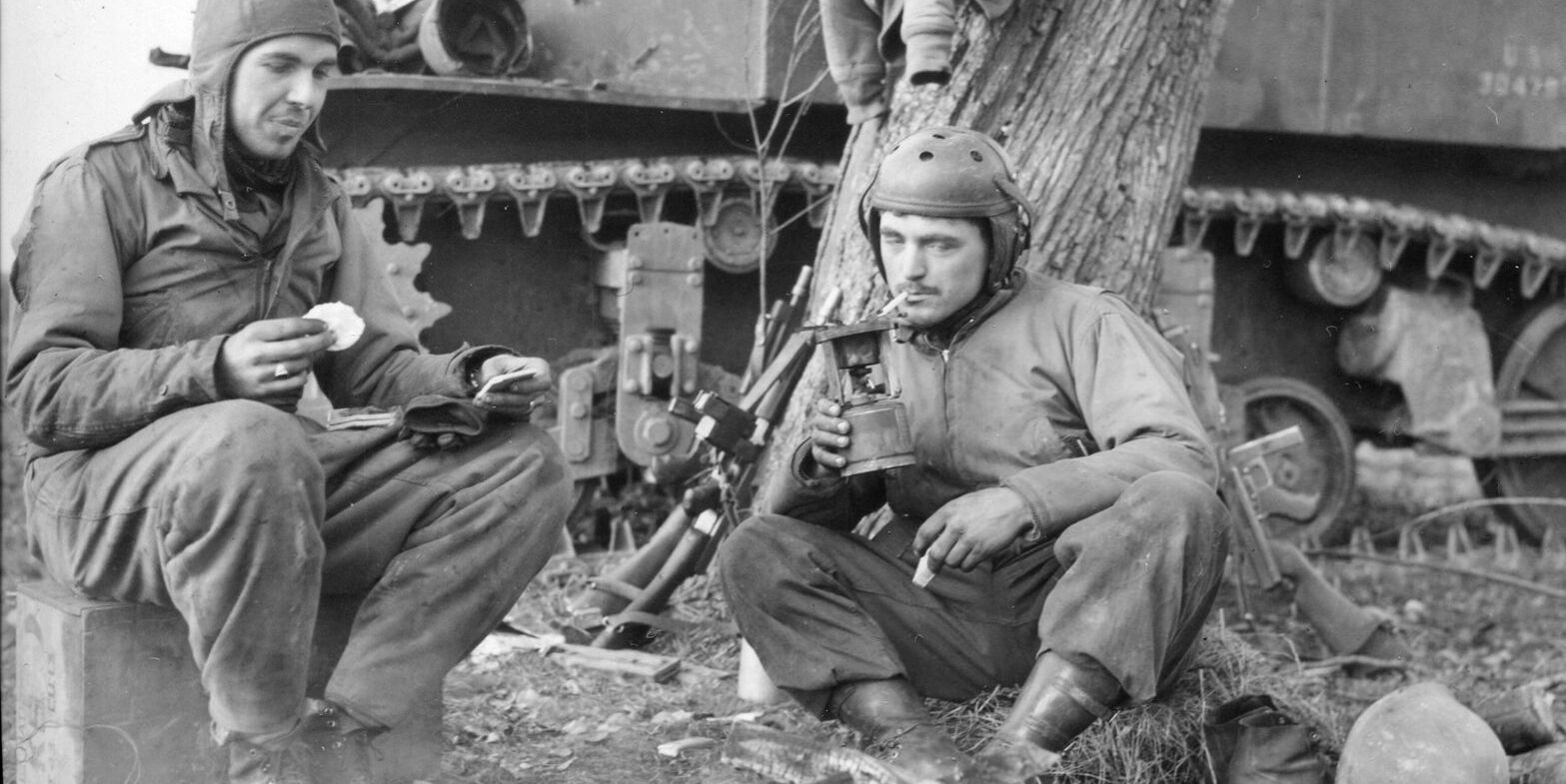



Join The Conversation
Comments
View All Comments